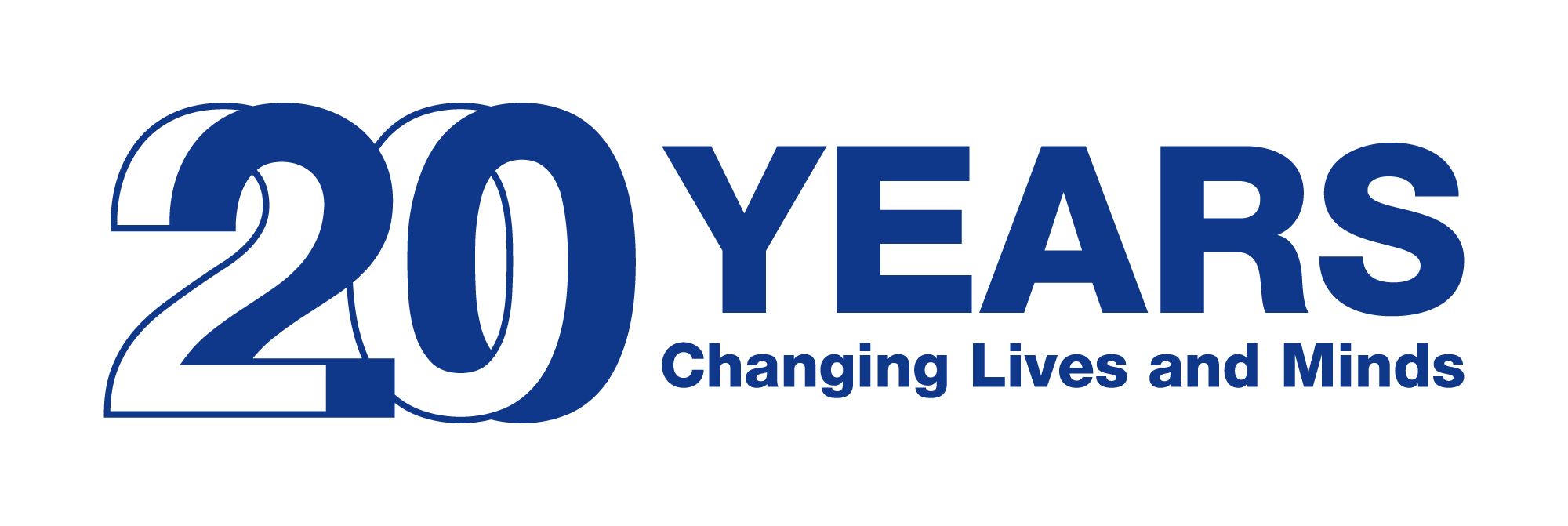National Center of Excellence for Tobacco-Free Recovery
The Smoking Cessation Leadership Center (SCLC) was the Substance Abuse and Mental Health Services Administration's (SAMHSA's) first National Center of Excellence for Tobacco-Free Recovery (CTFR).
CTFR offers specialized subject matter expertise to provide training and technical assistance to states, local governments, tribal communities, behavioral health organizations, primary care providers, clinicians, peers, families, and other stakeholders to help reduce tobacco use among persons with behavioral health disorders, with an emphasis on individuals with serious mental illness and co-occurring disorders.
CTFR built on and expanded SAMHSA’s efforts to increase awareness, disseminate current research, educate behavioral health providers, and create results-oriented collaborations among stakeholder organizations in an effort to reduce tobacco use among individuals with behavioral health disorders.
Goals of the Center of Excellence were to:
-
Promote the adoption of tobacco-free facilities, grounds, and policies
-
Integrate evidence-based tobacco cessation treatment practices into behavioral health and primary care settings and programs
-
Educate behavioral health and primary care providers on effective evidence-based tobacco cessation interventions
For technical assistance, please email Christine Cheng or call our toll-free line at 1-877-509-3786
Recent State Highlights
- Pennsylvania's Pennsylvania Statewide Tobacco-Free Recovery Initiative (PA STFRI) has developed a social media toolkit complete with social media assets, postable captions and hashtags, website banners, posters and more
- Minnesota recently passed a bill modifying and expanding medical assistance coverage of tobacco and nicotine cessation treatment, effective July 1, 2023.
- In North Carolina, Medicaid Managed Care Standard Plans, Tailored
Plans and ME/MCOs will require contracted providers, with exceptions
noted below, to implement a tobacco-free policy starting
April 1, 2024.
- In Hawaii, it is now illegal to import electronic smoking devices and e-liquids into the islands after Gov. Josh Green signed a bill into law as part of a years long and continuing effort to prevent children from becoming addicted to nicotine.

What the Center of Excellence Provides
SCLC has conducted dozens of summits to encourage various groups to help adults quit smoking. As part of the ongoing SAMHSA-SCLC partnership to foster tobacco-free living in behavioral health settings, partners have combined elements of both approaches to provide a series of state-level Leadership Academies for Wellness and Smoking Cessation. Currently the Center's specialized services include the following:
- Technical Assistance
- Specialized technical assistance on national, state, and local levels, including one-on-one phone consultation, educating primary care providers, behavioral health care providers, and other stakeholders on ways to advance efforts to reduce tobacco use among persons with behavioral health disorders.
- CME/CEU online learning opportunities for live and select accredited recorded webinars
- Compendium of tools and resources to strengthen tobacco-free recovery services



